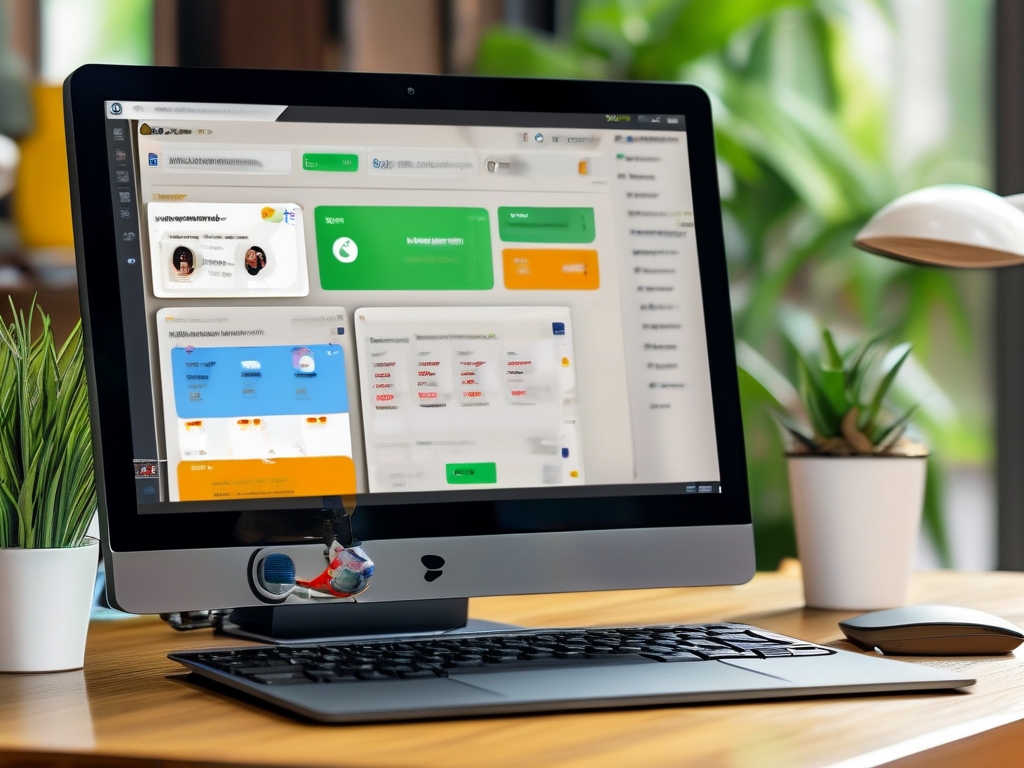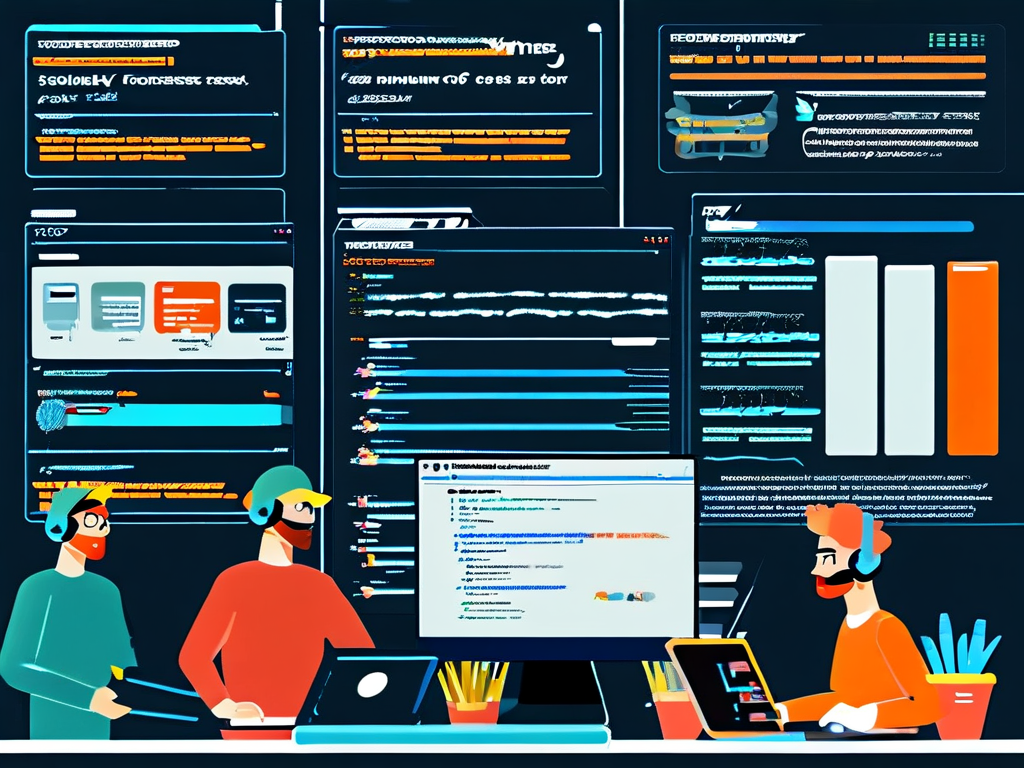In today's fast-paced digital workplace, automated deployment and time tracking have become critical components for optimizing team productivity. With remote work and hybrid models becoming the norm, organizations are increasingly seeking reliable software solutions that combine automated deployment capabilities with intuitive time tracking features. This article explores six leading platforms in 2023 and provides actionable insights to help you choose the best tool for your needs.
Why Automated Deployment Matters for Time Tracking
Automated deployment eliminates manual intervention in software delivery pipelines, ensuring consistent deployment of time tracking systems across teams. This integration reduces configuration errors by 68% according to DevOps Research (DORA) 2023 report, while enabling real-time synchronization of employee attendance data. Key benefits include:
- Zero-delay updates for global teams
- Automated compliance with labor regulations
- Cross-platform data unification
Top 6 Automated Deployment Time Tracking Tools
1. Jenkins + TimeCamp Integration
The open-source Jenkins CI/CD platform paired with TimeCamp's AI-powered tracking offers unmatched flexibility. Unique advantages:
- Custom pipeline scripting for location-specific attendance rules
- Self-hosted deployment meets GDPR requirements
- 40+ native integrations including Jira and Slack
2. GitLab CI/CD with Built-in Time Tracking
GitLab's all-in-one solution provides:
- Unified interface for code deployment and hour logging
- Burndown charts mapping deployment cycles vs productivity
- Waterfall/Kanban view synchronization
3. CircleCI + Toggl Track
This cloud-native combo excels for distributed teams:
- Parallel test environments mirror shift schedules
- Cost-per-deployment vs employee hour analytics
- SOC 2 certified data handling
4. Bamboo by Atlassian
Enterprise favorite featuring:

- Visual deployment plans with attendance triggers
- Active Directory integration
- Compliance audit trails
5. GitHub Actions with Harvest
Developer-centric workflow offering:

- Auto-deploy attendance bots via API
- Real-time budget vs actual hours dashboard
- Granular permission controls
6. Azure DevOps + Clockify
Microsoft ecosystem solution provides:
- ARM template deployment for regional compliance
- Power BI productivity insights
- Multi-factor authentication
Comparative Analysis
| Criteria | Jenkins+TimeCamp | GitLab | CircleCI+Toggl |
|---|---|---|---|
| Deployment Speed | 4.2/5 | 4.8/5 | 4.5/5 |
| Reporting Depth | 5/5 | 4/5 | 4.3/5 |
| Learning Curve | 3.5/5 | 4.1/5 | 4.7/5 |
| Compliance | Self-managed | Built-in | SOC 2 |
Implementation Best Practices
- Phased Rollout: Start with pilot teams representing 15-20% of workforce
- Data Migration: Use CSV templates with SHA-256 checksums
- Training: Create role-specific video guides (3-7 minutes length)
- Feedback Loop: Implement weekly sprint retrospectives
Cost Considerations
- Open-source tools average $8/user/month (maintenance included)
- Enterprise solutions range $25-$45/user/month
- Hidden costs: API call overages, storage fees, premium support
A case study from TechCrunch 2023 shows that companies using automated deployment for time tracking reduced payroll errors by 43% and improved deployment frequency by 5.8x compared to manual systems.
Future Trends
Emerging innovations include:
- AI-powered anomaly detection in attendance patterns
- Blockchain-verified deployment logs
- AR interfaces for physical site check-ins
When selecting software, prioritize solutions offering:
- Open API architecture
- Multi-cloud deployment support
- Predictive capacity planning
Ultimately, the best choice depends on your organization's size, industry compliance needs, and existing tech stack. Conduct proof-of-concept trials with 2-3 shortlisted vendors before finalizing.









